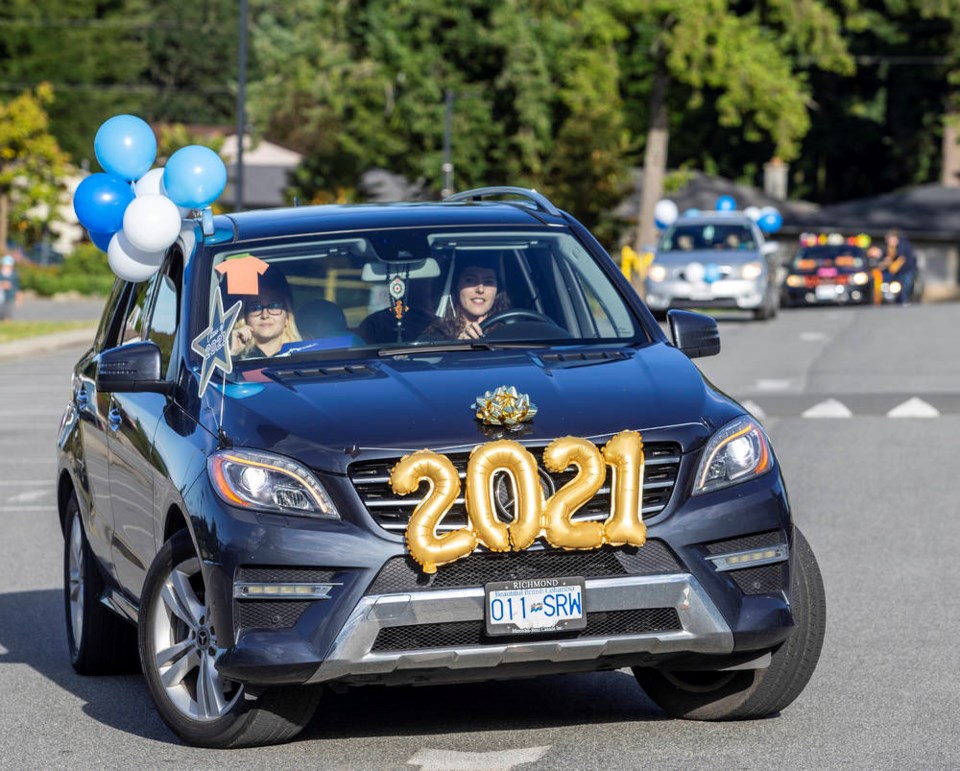Some suggest that the impact of the pandemic on learning could result in a “lost generation” of high school students. I don’t agree and find this overly harsh and simplistic, but, even if I am wrong, getting lost is not always a bad thing.
Sure, the pandemic meant many students did not learn as much as they would have liked, or their teachers would have hoped, but students may have learned more than we think.
Online learning is not for everyone — logging into class is not the same as walking into one.
At their best, online classes allow students to focus more on content because there are fewer distractions than in an overcrowded classroom. At their worst, online classes leave students feeling lonely, disconnected and worrying if they are learning enough.
This is especially true for students planning to attend college or university this fall. As someone who has been teaching in colleges and universities for more than 30 years, I can assure graduating students (and their parents) that we look forward to supporting them in their transition to our classes.
Understanding foundational concepts from high school is certainly important, but most faculty review, and when necessary, teach, these concepts early in the semester anyway — pandemic or no pandemic.
In my experience, a student’s success in university is less about what they remember from high school than it is about how quickly they learn to learn.
Successful students not only memorize concepts, dates and formulas, they also reflect upon what they are learning and why it matters. From engineering, to poetry, to social and environmental justice, good students challenge themselves to see how the concepts and ideas from one class are the threads that weave all their classes together.
Perhaps living through the pandemic will help students make these connections.
The pandemic forced us all to think differently about the world around us. From being isolated from our family and friends, to watching people lose their jobs and their businesses, to witnessing how community outbreaks reflected social inequality — the pandemic laid bare what matters most; our families, our friends, and our need to make society more equitable for all.
Many students going to college or university this fall will feel lost at some point, but this is common, and it has nothing to do with the pandemic.
Feeling lost in university is often when a student realizes, perhaps for the first time, that they must make their own map to get them where they want to go, they can’t just borrow someone else’s.
Some students enter university to become an engineer, but four (or five or six) years later, leave with a BA in Fine Arts. It happens. Yes, at one point they would have felt lost, but that was the point where they finally found out where they wanted to go.
This September, your instructors will understand the unique challenges you have faced, and they will be ready and willing to help you adjust to post-secondary education.
Faculty and administrators at colleges and universities around the world have missed seeing the hustle and bustle of students coming and going to classes, laughing with each other, holding hands and sitting under a tree reading their textbook.
I know that at the University of Victoria, we can’t wait to see students return to our beautiful campus. So, even if I am wrong, and you are a “lost generation,” don’t worry — colleges and universities have been helping students find their way for generations. It’s what we do.
To the Class of 2021: Congratulations. We look forward to meeting you in September.
Bruce Ravelli teaches sociology at the University of Victoria.



